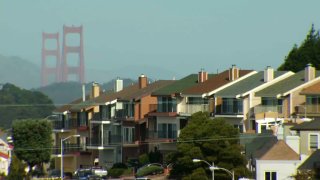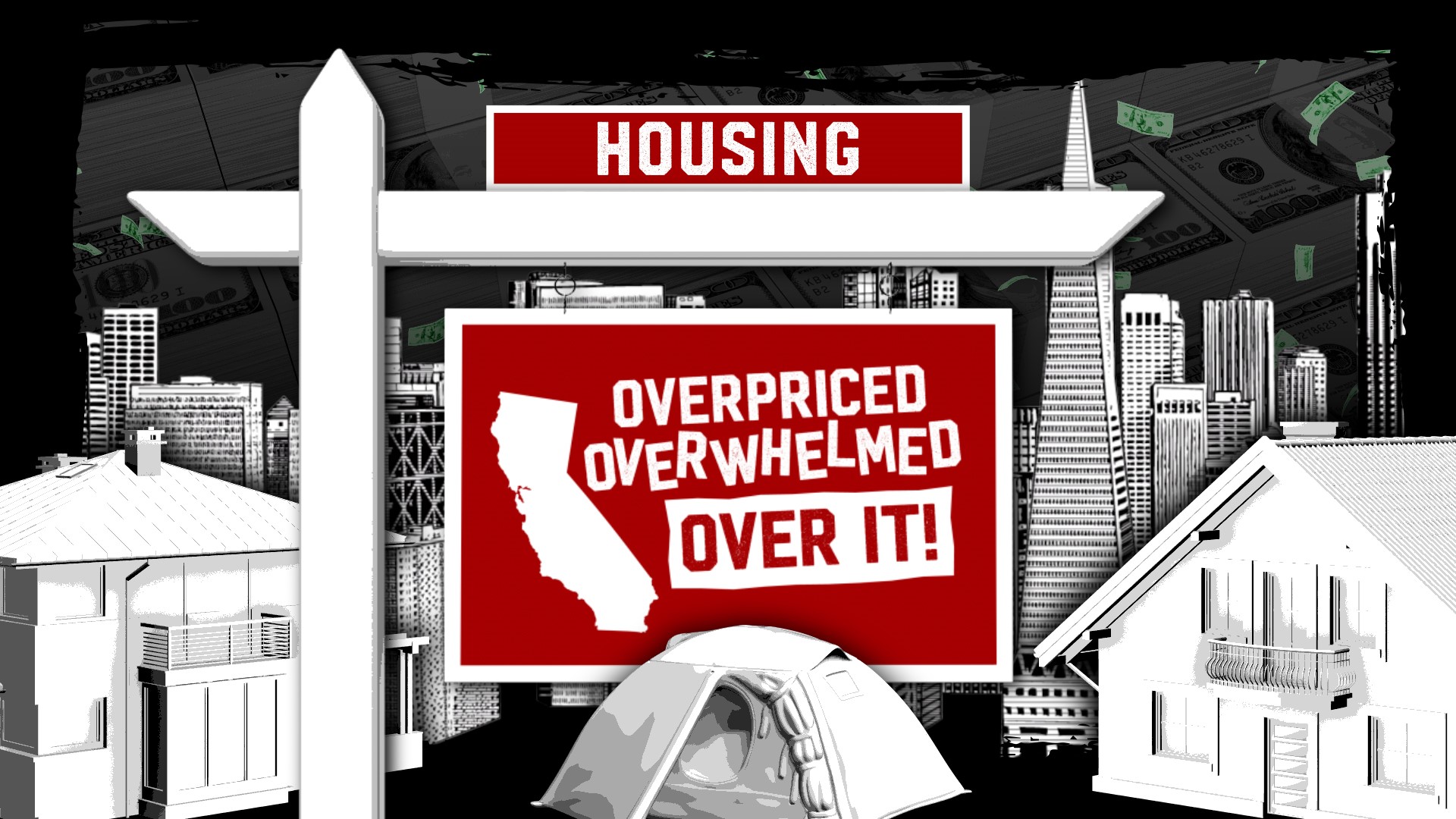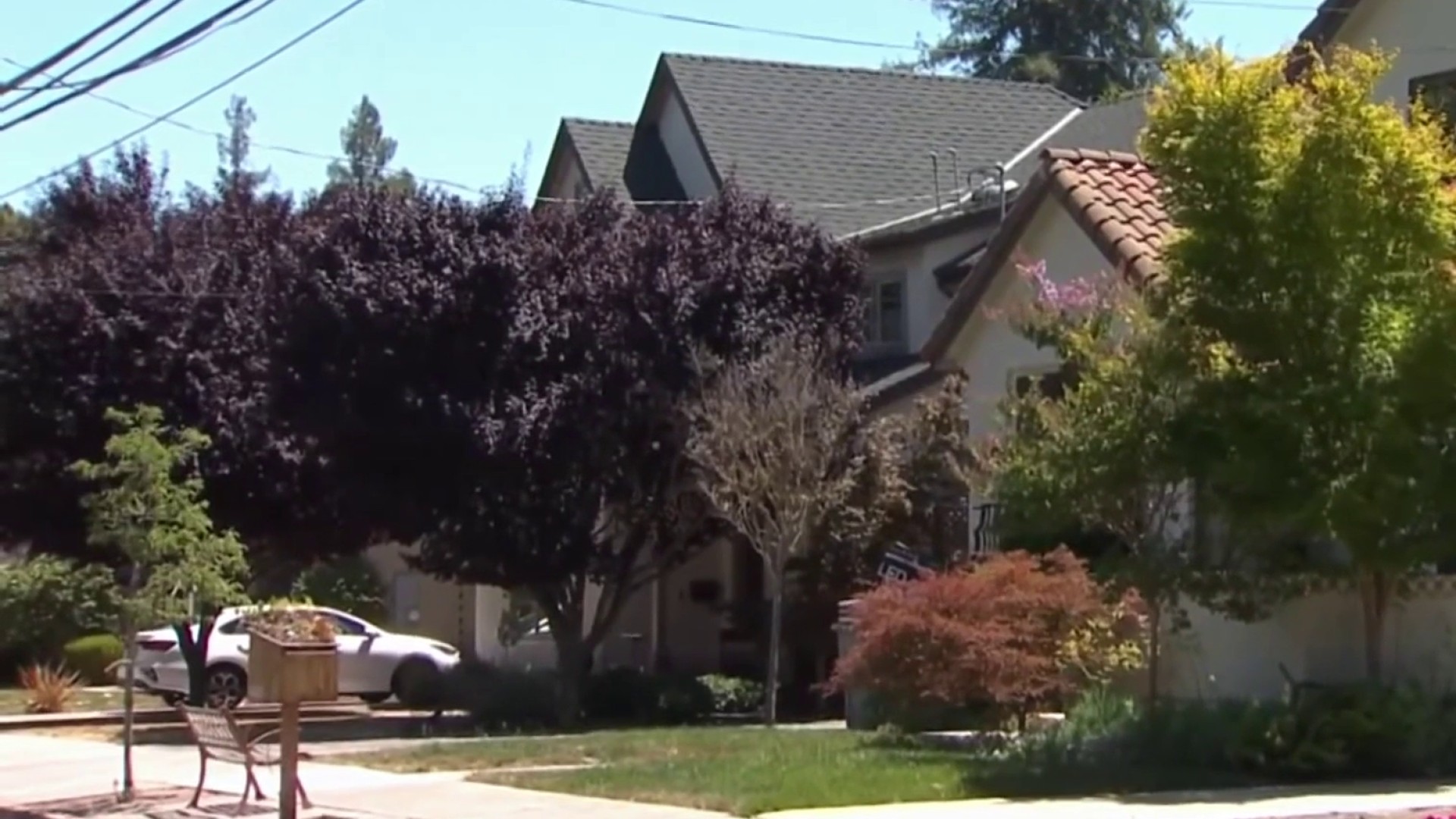
A person who wants to live in a two-bedroom, market rate apartment in the San Francisco metropolitan area must make more than $60 an hour to afford it, according to a report released Thursday by the National Low Income Housing Coalition.
The San Francisco metro area, comprised of San Francisco, San Mateo and Marin counties, has the most expensive housing of any other jurisdiction in the nation, according to the report. Residents of the area must earn $61.50 per hour to afford an apartment of that size.
The National Low Income Housing Coalition's 2022 Out of Reach report highlights the affordability crisis in the Bay Area and nationwide.
It says full-time minimum wage workers are unable to afford a modest two-bedroom rental home in any state, metropolitan area, or county. In 91 percent of U.S. counties, a one-bedroom rental home at fair market rent is also out of reach for a full-time minimum-wage worker.
"The task of solving America's affordable housing crisis might seem overwhelming, especially to those closest to the problem, but the solution is simple: we must invest in housing America," said Rep. Maxine Waters, chairwomen of the House Financial Services Committee in the preface to the report.
The Bay Area is home to three of the top ten most expensive metropolitan areas in the country.
The other two are Santa Cruz-Watsonville and San Jose-Sunnyvale-Santa Clara where it takes $60.35 and $55.15 to afford that two-bedroom rental home, the report says.
Catherine Bracy, CEO and co-founder of California-based TechEquity Collaborative, which mobilizes technology workers and companies to solve the affordability crisis, thinks the solution, especially in the Bay Area, boils down to a simple economic challenge.
She said we have more demand for housing than we have supply, so we must build more housing.
Get a weekly recap of the latest San Francisco Bay Area housing news. Sign up for NBC Bay Area’s Housing Deconstructed newsletter.
"Obviously, that's going to happen overnight," Bracy said.
So, we must also prevent people from losing their homes, she said. Lawmakers need to strengthen tenant laws while allowing property owners to make a fair living, Bracy added.
California requires jurisdictions to build certain amounts of market rate, moderate rate, low-income and very-low-income housing.
But "right now they are targets," Bracy said. "There are many cities that want to drag their feet."
Also, she thinks the state needs more housing than what is required by the targets.
"It's a daunting task," she said.
She called it a multijurisdictional problem. Each jurisdiction has a key to unlock solutions, she said, including the federal and state governments.
She would feel much better if the federal government put as much attention on housing as it does gas prices.
Housing is "a critical human need," she said.
"We don't treat it that way," she said.
People are coping, Bracy said, by cutting costs on other goods, going into debt, living in unsafe conditions and long distances from work.
Bracy said the lack of housing is causing homelessness.
Alina Harway, spokesperson for the Non-Profit Housing Association of Northern California, which advocates for affordable housing in the Bay Area, thinks residents need to press lawmakers to create the changes needed.
It's up to residents to decide "what do we want for our communities?" Harway said.



